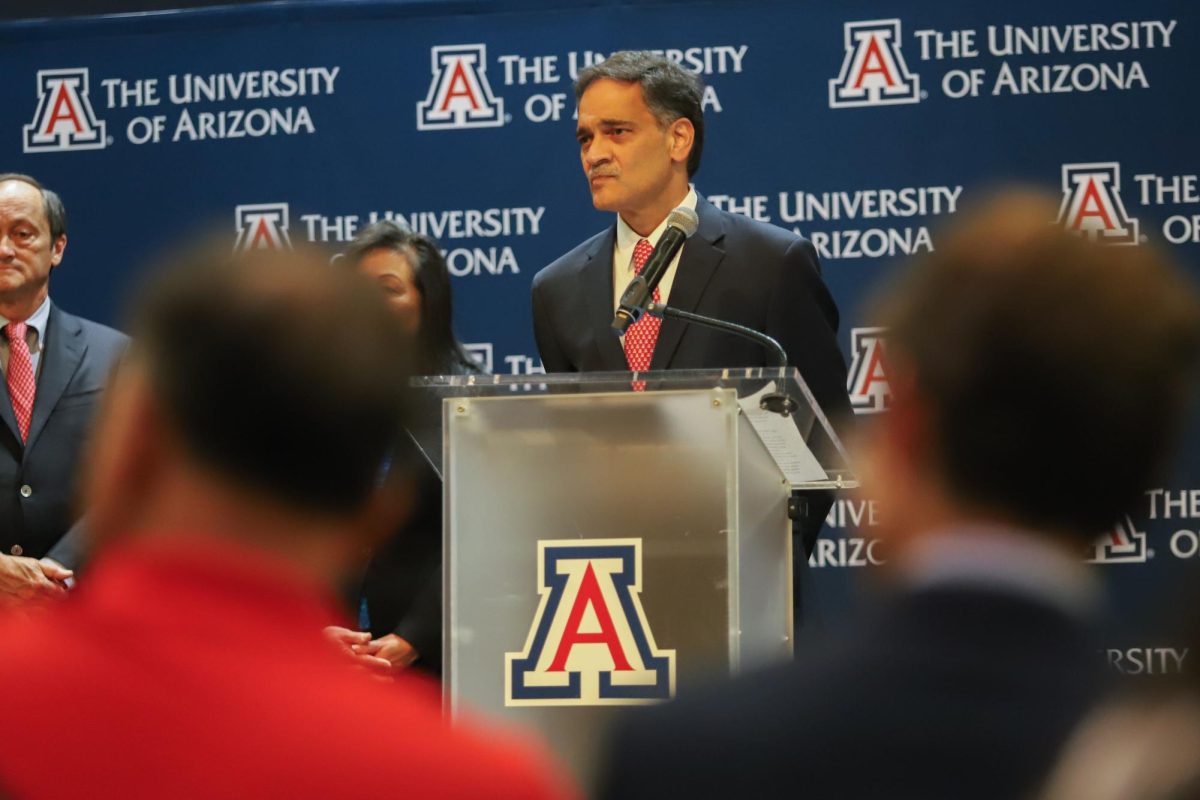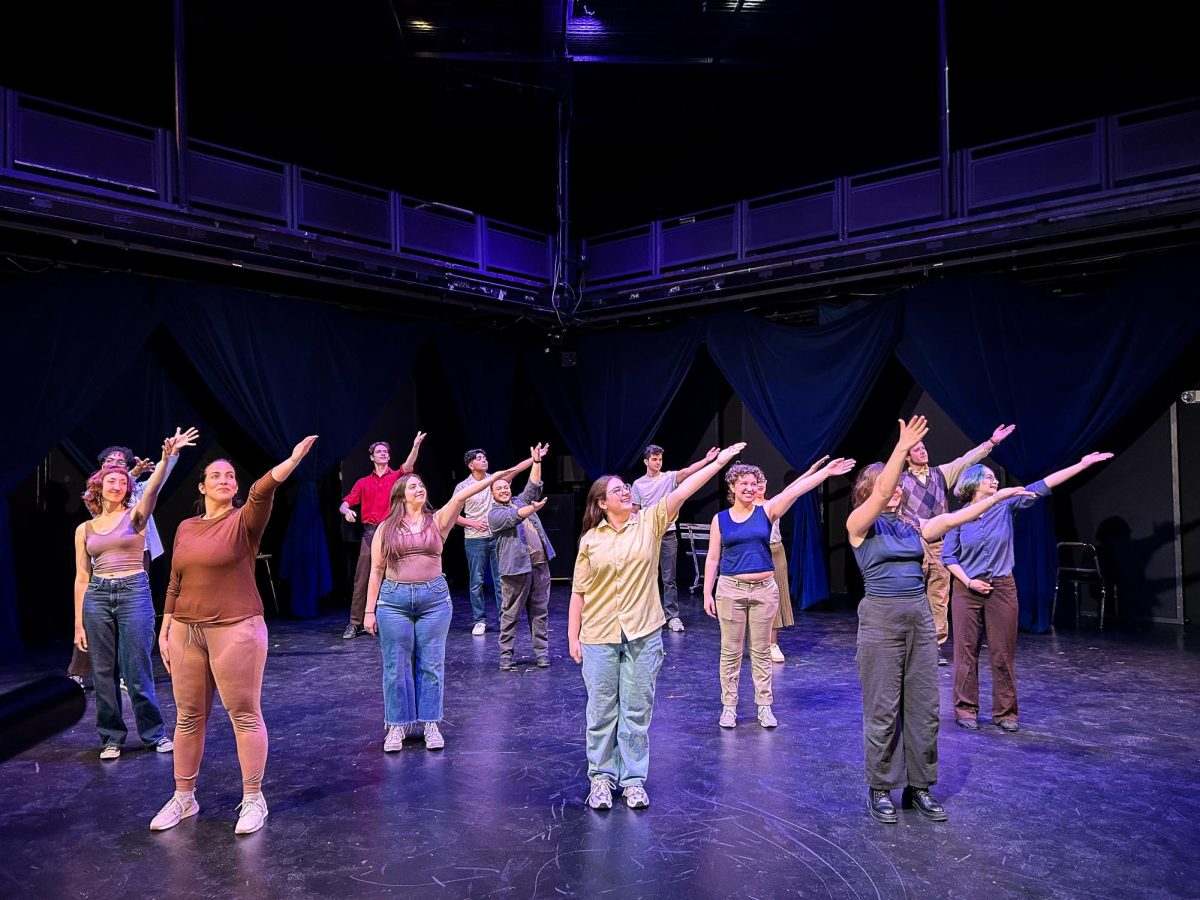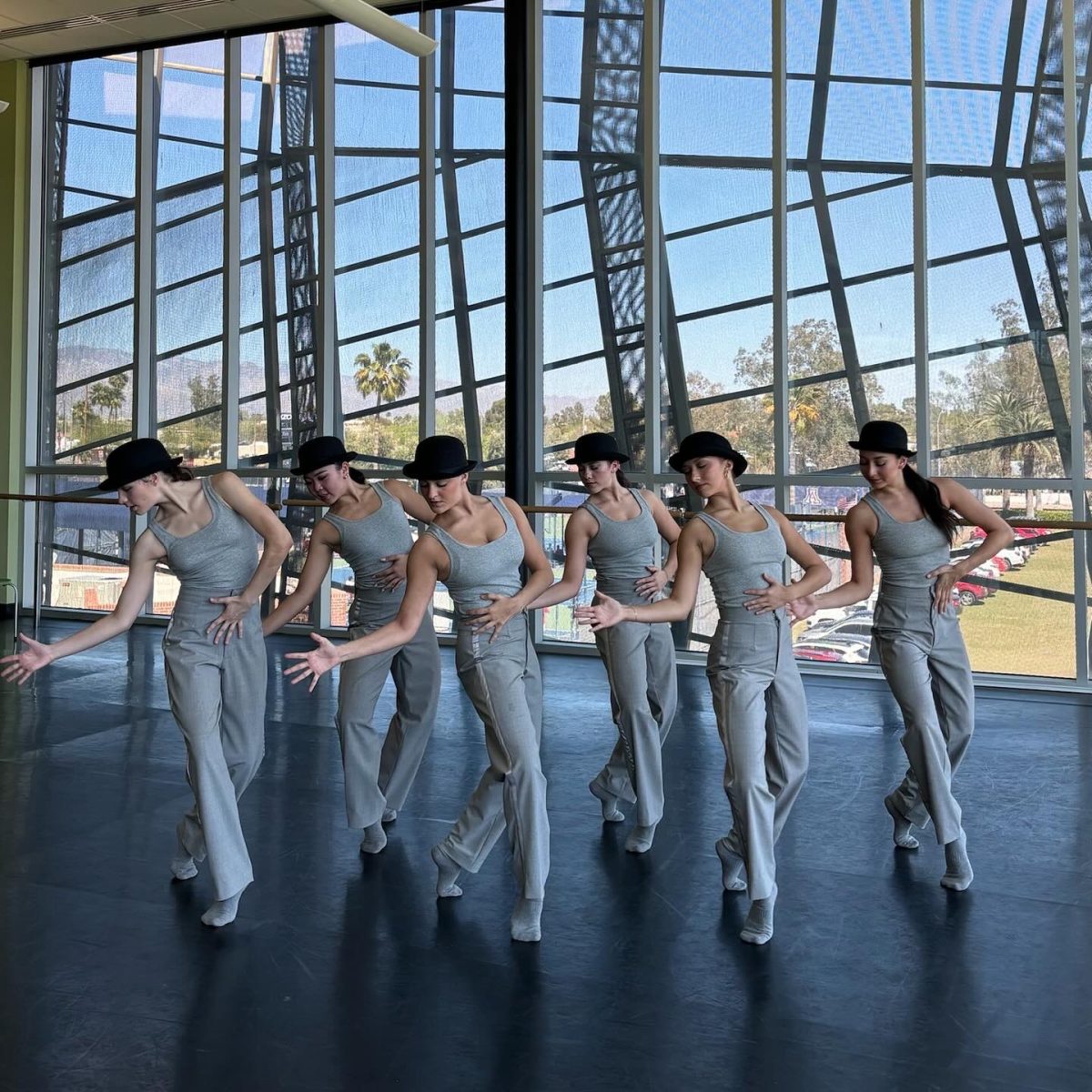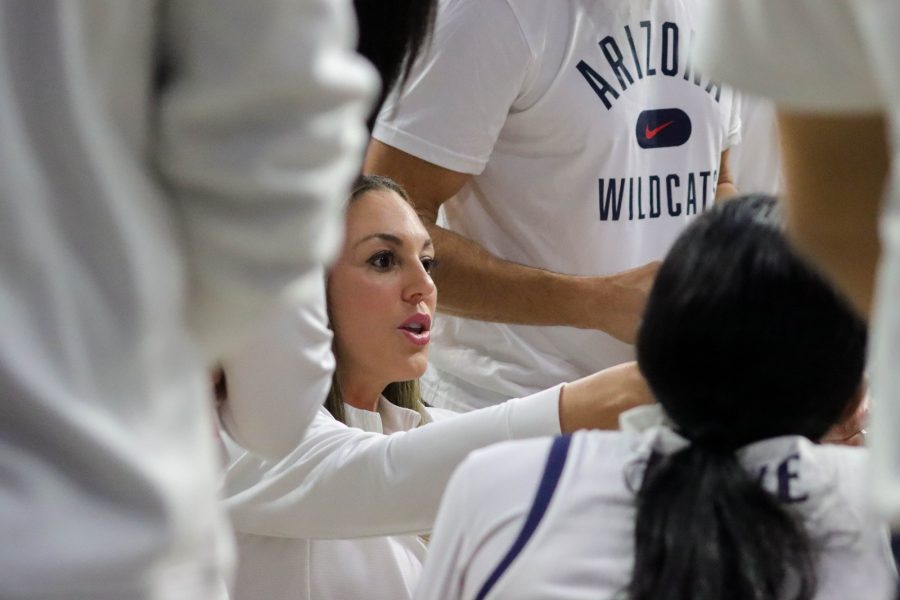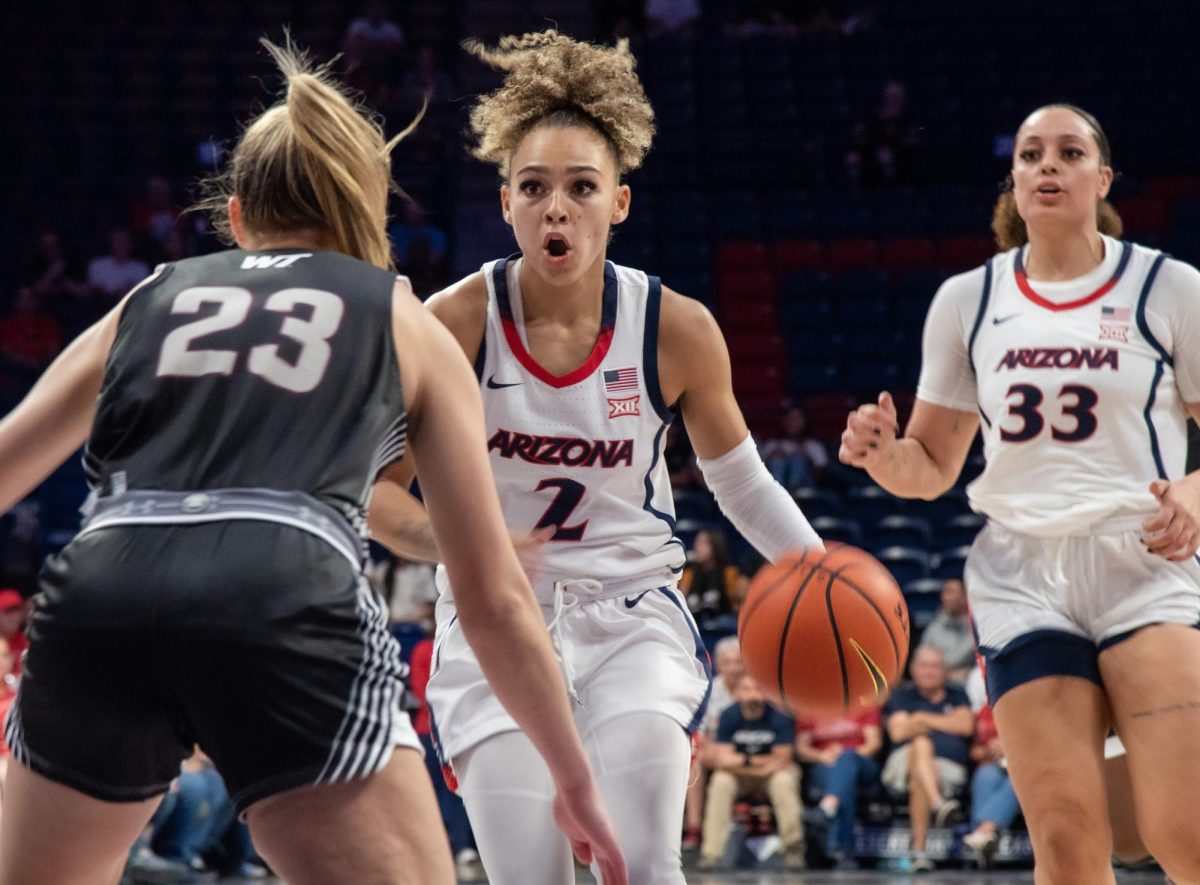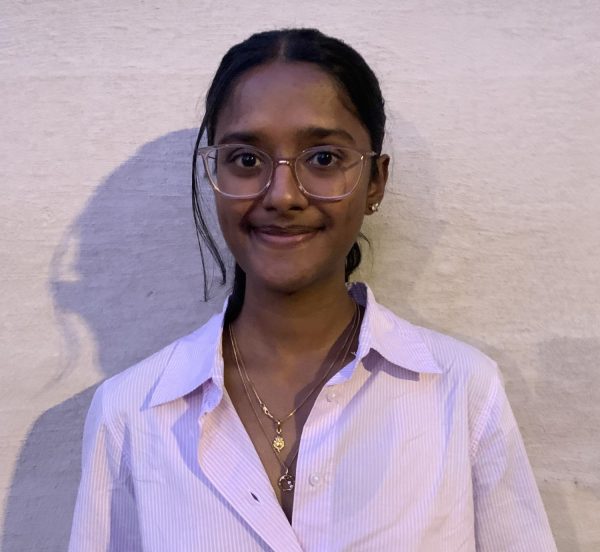With a unanimous vote, the Arizona Board of Regents appointed Suresh Garimella as the 23rd president of the University of Arizona on Friday, Aug. 9.
“Throughout my career, I think you will see I have had one mission as my primary driving force and that is to serve our students. Students are the heartbeat of any university and if their success were not our North Star then we wouldn’t be a university,” Garimella said. “We owe it to the […] student body.”
Garimella received his Ph.D. from the University of California, Berkeley, his master’s degree from The Ohio State University and his bachelor’s degree from the Indian Institute of Technology, Madras in mechanical engineering.
Prior to coming to Tucson, Garimella was the 27th president of the University of Vermont. During his time at Vermont, Garimella grew the UVM’s enrollment of both undergraduate and graduate students, doubled the university’s research enterprise and focused on mentoring students through leading an undergraduate seminar class in civil discourse.
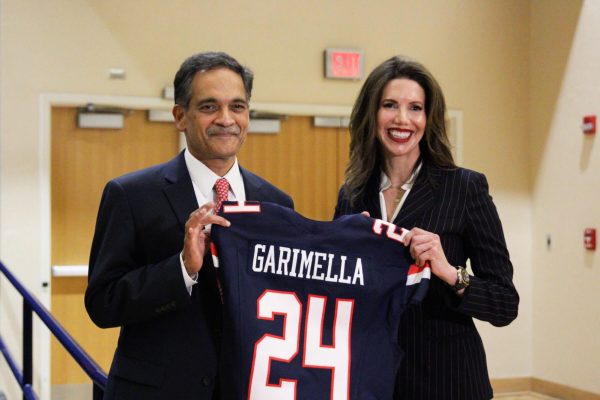
Over the course of five months, an 18 member presidential search committee gathered to vet prospects, looking for someone who possessed the qualities and experience to be the leader of Arizona’s land grant institution.
“How can you beat a sitting president at another land grant university who is also in the National Academy,” said Joellen Russell, a distinguished professor in the UA College of Geosciences and a member of the search committee.
Garimella and the search committee members spoke at a press conference at the Student Union Memorial Center on Friday. The questions focused on two main areas of community interest: the financial crisis that the University of Arizona is currently facing and the divide within the community due to Palestine and Israel conflicts.
Garimella said his past experiences at Vermont and Purdue equipped him to address the financial situation at the UA.
“I have a lot of experience in working within financial constraints in higher education. In the University of Vermont we were very tuition dependent and yet we froze tuition for five years. We did that at Purdue before for twelve years,” Garimella said. “And yet we invested in all the right things and were able to move forward. It is a question of looking at your expenses carefully and trying to diversify your revenue.”
Garimella also fielded questions concerning antisemitism on college campuses and student protests in support of Palestine.
“[With] anti-semtisim, Islamophobia, [the] Israel-Gaza conflict, it is truly a complex and challenging time. The answer to this is not to go more into our corners but to come together and to be able to talk across differences and have the courage to express and listen to others’ views,” Garimella said.
Garimella taught a class on civil discourse while at the University of Vermont and he had students essentially “take some difficult topics, do some reading on them and under Chatham house rule discuss these things.”
Garimella said that this type of communication, which he has experience facilitating, will be an important tool in continued conversations about these conflicts.
“We equip each other, ourselves, one another to honestly express opinions without being demonized for something. I do think the nation needs healing, the campus community needs healing from many things, and we all need to get better at speaking with each other,” Garimella said.
ABOR is currently working on finalizing Garimella’s contract and selecting a start date. Until then, Robbins will remain in his role as university president.
Follow the Daily Wildcat on Instagram and Twitter/X



